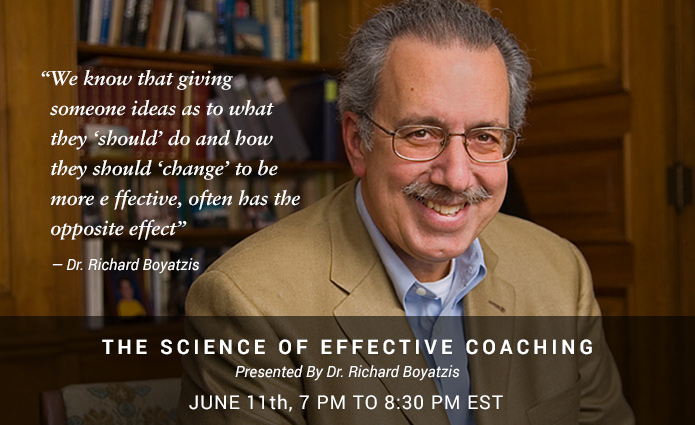The Science of Self-Confidence: Helping Leaders Gain and Demonstrate the Confidence they Need to Succeed
For leaders, feeling and demonstrating self-confidence is a necessity. It can influence motivation to set stretch goals, learn new skills and develop in areas they find challenging. We will examine new global leadership research exploring the relationship between self-confidence and effectiveness, and the behavioral correlates of self-confidence. We will also discuss practical strategies for improving self-confidence using 360 assessments. MORE INFO & REGISTRATION




